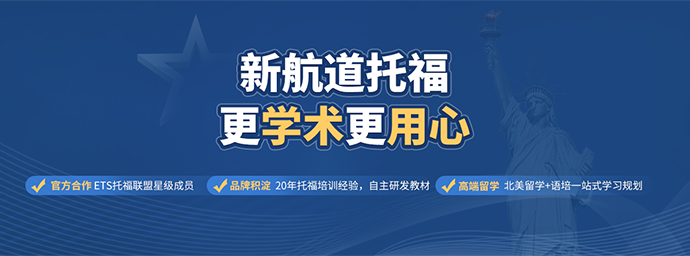

People always have an unquenchable thirst for exploring the past, an interest so much so that debates now pervade over the value of past in helping people navigating the present and future situations. Personally, I firmly believe the indispensable role the past plays in it.
First and foremost, the past provides useful clues to the present and future. Admit it or not, everything on earth, be it a person or a society, is a traveler in time. In this sense, nothing in this world can be spared from the power of time, which keeps ongoing shaping and molding of each work like a tireless sculptor. Then it follows that any issue, whether it comes to one’s notice only recently or is ready to arouse concerns one day, is actually the result of its history with subtle but sure relations with its past. Hence, a thorough analysis into the past wisely outweighs dwelling on the problem itself in laying bare its nature, which, unfortunately, seems to be a blind spot in many people’s thinking. Specifically, a teacher can be in a vain attempt to motivate students in English study by vigorously structuring stimulating activities in future classes while remaining blind to the undue harshness in his past interaction with students that, as the very root of problem, drains students’ interests away. Besides, a government struggling with an aging society will be in for a rude awakening that mere financial incentives for childbearing yield little returns if the history of mounting housing costs and education costs persists. Therefore, it is the knowledge of the past that leads one to the root of current problems or future concerns, which makes a targeted solution more likely.
Additionally, the past decisions and actions are a treasure trove of inspirations on future options. Just as Mark Twain once noted, “History does not repeat itself, but it does rhyme”, history is never tired of offering valuable advices to later generations in similar situations. During 17th to 20th century, there is a great leap in industrial development across Europe, however, at the cost of serious environmental issues, which can be best exemplified in the Rhine, a once beautiful river but nicknamed “the sewer of Europe” after the reckless development. By strict water clean-up projects, application of clean energy and water recycle, the Rhine is slowly restored to its former glory as a magnet for tourists all over the world again after several generations’ efforts. Drawing on the past experiences in the West, China, the world’s second largest economy, treads a careful path of balance between healthy advancement and environment protection, committing to peak carbon dioxide emissions before 2030 and achieve carbon neutrality before 2060. In this regard, the past shields people from unnecessary worries at present and in the future by offering lessons on what to follow and what to avoid.
Judging from what has been discussed above, the conclusion is safely drawn that learning the past facilitates solutions to immediate problems and future concerns owing to its revealing insight into the nature and useful advice on precautions.






